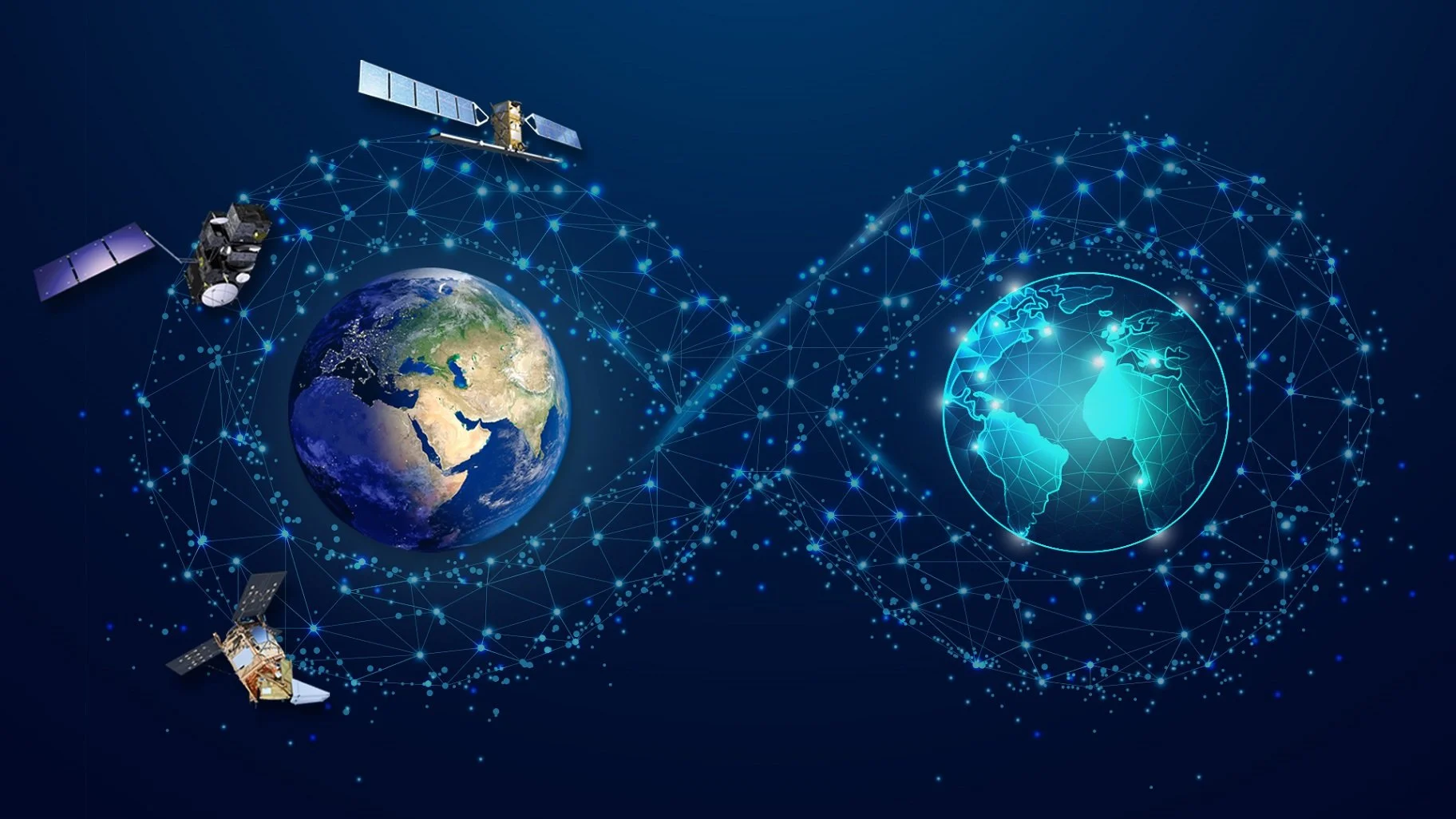Thales Alenia Space will be Part of the Consortium to Develop the Destination Earth Core Service Platform
Thales Alenia Space, the joint venture between Thales (67%) and Leonardo (33%), will partner with Serco, the leader of the consortium awarded by the European Space Agency (ESA) to implement the DestinE Core Service Platform (DESP), a key element of the European Commission’s flagship initiative Destination Earth (DestinE).
The objective of DestinE is to develop a highly accurate digital model of the Earth in order to monitor and predict the interaction between natural phenomena and human activities, anticipate extreme events and adapt policies to climate-related challenges.
The DESP will be an open, user-friendly, flexible, and secure cloud-based computing system that will provide evidence-based decision-making tools, applications and services. It will enable the development and exploitation of applications and services leveraging DestinE data, which will include data from ESA’s Earth Explorers, the Copernicus Sentinel series, data from European Centre for Medium-Range Weather Forecasts (ECMWF) and, over time, other major data holdings in Europe.
Thales Alenia Space is responsible of the run time orchestration platform set-up, deployment and operations as well as all the cybersecurity management of the DESP Framework. Thales Alenia Space is also responsible of all the traceability services to trace models and data, in particular following user transformations.
Bertrand Denis, Thales Alenia Space VP Observation and Science, commented “Thales Alenia Space will bring in this project some of the new digital technologies embedded in its Ground Systems. This is a major success which will benefit from and also contribute to the digital transformation of Thales Alenia Space Ground Segment initiated since 2018. Fully in line with its “Space for Life” vision, Thales Alenia Space is particularly proud to support the European Commission and ESA in achieving the sustainable development objectives of the DestinE program and to contribute to EU Green Deal and Digital Strategy.”
In the coming decades, population growth and human activities are expected to amplify the current pressures on critical resources such as fresh water and food, intensify the stress on land and marine ecosystems, as well as increase environmental pollution and its impacts on health and biodiversity. These threats, comprising rising sea levels, increasing ocean acidification and more intense extreme events like floods and heatwaves, will need to be closely monitored, especially for our most vulnerable populations. Digital space and ground tools are key to anticipate these threats and help to reduce their impact.
